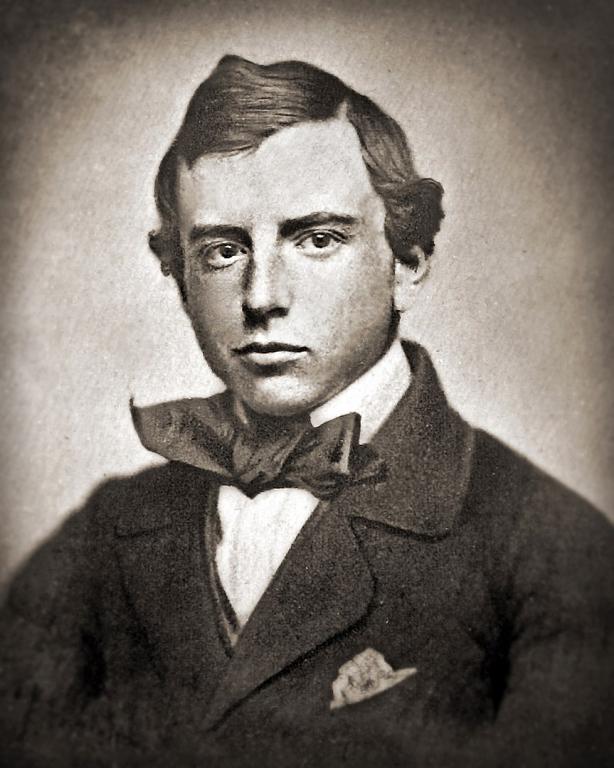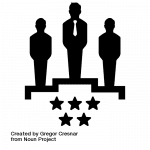When we think of the convictions that have been at the essence of the American character, what comes to mind are ideals such as liberty, individualism, equality, inalienable rights, and democracy. I propose another, one upon which the others depend: belief in the doctrine of original sin.
This came to mind while I was reading How America’s Adams Family Inherited And Preserved The Pilgrim Mind by University of Dallas history professor Susan Hanssen. The article is part of the Federalist‘s 1620 Project that we blogged about, which argues contra the New York Times that the Mayflower Pilgrims, not the first Virginia slave ship, are the best exemplars of the American experiment.
Among the characteristics of those religious dissidents who settled at Plymouth was a strong belief in original sin–that is, a sense that evil is innate, pervasive, internal, and systemic, that human beings have a tendency to aggrandize themselves and to harm each other. This conviction was passed on into American culture. “Americans were first and foremost Pilgrims at heart,” says Prof. Hanssen, “deeply imbued with a Lutheran conviction of the total depravity of man and the impossibility of building here any heavenly city” [emphasis mine].
I know this is counter-intuitive. The secularist philosopher Hobbes used a similar pessimism about human nature to argue for authoritarian governments to keep the public in line. But he neglected to consider the depravity of the authoritarians he would put into power.
Because human beings have a tendency to abuse their power, so reasoned the Pilgrims and their heirs, power must be widely distributed and thus watered down. Government must be strong enough to keep external evil in check and to mitigate its effects whenever possible, but that government must also be limited. Government power must be checked and balanced. Government itself, with all of its officials, must be brought under and controlled by the rule of law.
But aren’t Americans all about liberty and the freedom to do as they please? Yes, but that does not conflict with belief in original sin. The Bill of Rights in the Constitution guarantees the right to keep and bear arms not for hunting, but because in this fallen world we may need to defend ourselves against people who want to harm us. We are guaranteed freedom of speech and of the press because there are those who may want to shut us up. We are guaranteed freedom of religion because there are those who may seek to punish us for our faith.
The Pilgrims knew that sin is what restricts freedom. As Jesus said, “everyone who practices sin is a slave to sin” (John 8:34). Sin makes us slaves. In a climate of violence, crime, and threats, no one is free. Nor are we free when we give in to our passions and fail to control them, whether untrammeled desires for sex or drugs or other people’s property, or for destructive emotions such as anger or hate.
What we need is self-government. This was not at first a political term but a moral term: the ability to govern oneself; that is, to control one’s behavior. This comes, in a limited way, through external disciplines and character-forming education. But, ultimately, it comes from the inner transformation of the Gospel. After Jesus explains how sin makes us a slave, he explains how to be free: “If the Son sets you free, you will be free indeed” (John 8:36). Moral self-government would, in turn, lead to political self-government.
Prof. Hanssen shows how John Adams, as one of the key Founders of our nation and the second President of the United States, consistently warned about the sinful proclivities both of tyrants and of the ones who would overthrow them. “My opinion is, and always has been,” he wrote, “that absolute power intoxicates alike despots, monarchs, aristocrats, and democrats, and Jacobins, and sans-culottes.” She refers to his continual debates with the more utopian Thomas Jefferson and quotes Adams’ famous words:
We have no Government armed with Power capable of contending with human Passions unbridled by morality and Religion. Avarice, Ambition, Revenge or Gallantry, would break the strongest Cords of our Constitution as a Whale goes through a Net. Our Constitution was made only for a moral and religious People. It is wholly inadequate to the government of any other.












